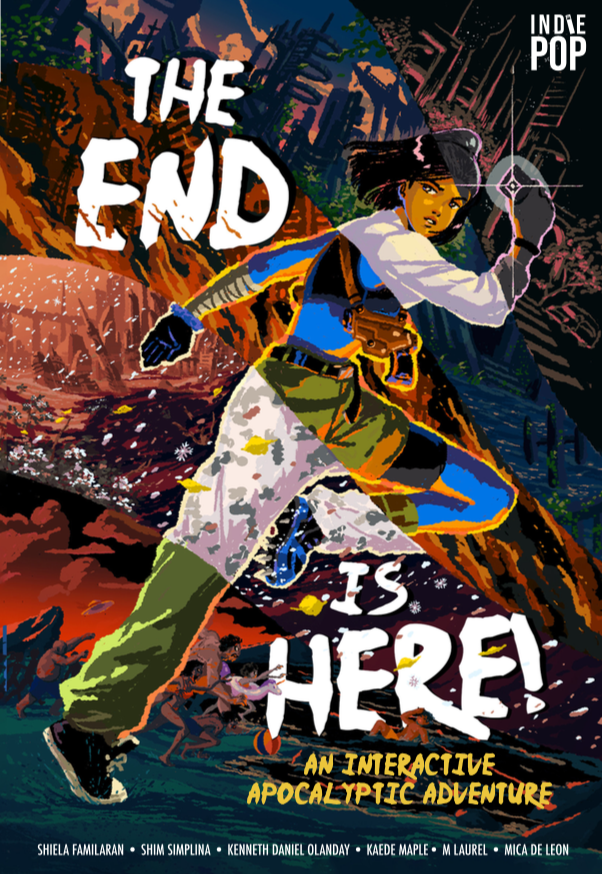What do you think?
Rate this book


The end is here! And there are 39 of them in this interactive adventure book. Fair warning: Not all of them will save you from the apocalypse.
You are Noa.
And you wake up in a world that’s on the brink of destruction.
Fear not! Use every skill and resource you have to get through civilization’s collapse, a zombie apocalypse, an alien invasion, an eternal winter,
a vanishing sun, or an AI revolution, and you may survive the apocalypse yet.
Make good choices and live to tell that tale with your sanity—and hopefully all of your limbs —still intact.
Choose badly, and you’ll get a fate worse than death in the end times.
In this interactive apocalyptic adventure, the fate of the world is in your hands.
Only YOU can choose how the story will end.
344 pages, Paperback
First published September 13, 2024